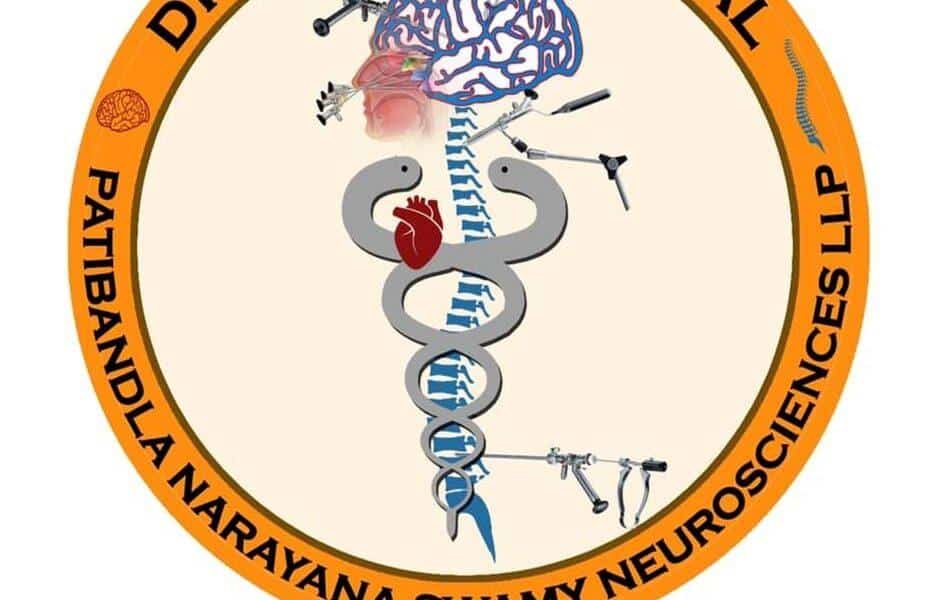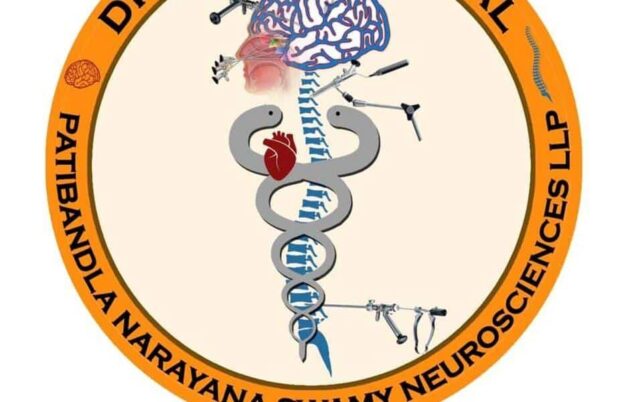I. Introduction

Peripheral neuropathy is a condition that affects the nerves in the body’s extremities, such as the hands and feet. It can cause various symptoms, including pain, numbness, and weakness. There are many possible causes of peripheral neuropathy, including diabetes, vitamin deficiencies, and certain infections. Treatment depends on the underlying cause. This article will discuss the causes, symptoms, and treatment of peripheral neuropathy. Are you looking for the best neurologist, neurosurgeon, spine surgeon, or Neuro physician? Look no further than Dr. Rao’s hospital! We specialize in treating peripheral neuropathy and can help you find relief from your symptoms. Contact us today to schedule an appointment.
A. Causes of peripheral neuropathy
- Autoimmune diseases: Rheumatoid Arthritis
- Diabetes is the most common cause. 50% of people with diabetes will develop some neuropathy.
- Infections: HIV, HCV, HBV
- Inherited disorders.
- Tumors or Paraneoplastic syndrome.
- Bone marrow disorders. Gammopathies, myeloma, lymphoma, amyloidosis. Other diseases – hypothyroidism
- Alcoholism – B1 deficiency
- Exposure to poisons – Lead and mercury.
- Medications – Chemotherapy
- Injury or pressure on the nerve – Injuries
- Vitamin deficiencies: B complex— including B-1, B-6, and B-12, E and Niacin
- In many cases, there is no cause (idiopathic).
B. Symptoms of peripheral neuropathy
The peripheral nervous system has specific functions; each nerve does its designated function. Nerves are classified into: Sensory nerves that carry sensory information, the motor that controls movement and the autonomic that control involuntary functions.
Signs and symptoms of peripheral neuropathy might include:
- Slow onset of numbness, tingling, prickling in your hands or feet, which can spread upward into your legs and arms
- Sharp, throbbing, or burning pain
- Excessive sensitivity to touch
- Pain during activities that shouldn’t cause pain
- falling or Lack of coordination
- Muscle weakness
- Feeling as of wearing something when you are not
- Paralysis
Symptoms of autonomic nerves include
- Excessive sweating or not being able to sweat
- Heat intolerance
- Bladder, Bowel, or digestion problems
- Drop in blood pressure – dizziness or lightheadedness
Peripheral neuropathy can affect only one nerve (mononeuropathy),
Can affect two or more nerves in different areas (multiple mononeuropathies),
May affect several nerves (polyneuropathy).
Carpal tunnel syndrome is an example of mononeuropathy.
Most people with peripheral neuropathy have polyneuropathy.
C. Diagnosis of peripheral neuropathy
- Blood tests. Blood glucose, vitamins
- Imaging tests. CT or MRI scans – herniated disks, tumors
- Nerve function tests. Electromyography (EMG), NCS
- A sweat test
- Nerve biopsy – Sural nerve biopsy
- Skin biopsy.
D. Managing peripheral neuropathy
Treatment: Aim to control the symptoms and causing factors
Medications
- Pain relievers. NSAIDs
- Anti-seizure medications. Gabapentin and Pregabalin
- Topical treatments. Capsaicin cream, Gabapentin, Baclofen, local anesthetic creams
- Lidocaine patches
- Antidepressants.
- SNRIs duloxetine, venlafaxine and desvenlafaxine
Therapies
- Transcutaneous electrical nerve stimulation (TENS). 30 min per day over 30 days
- Plasma exchange and intravenous immune globulin.
- Physical therapy for weakness
- Surgery – carpal tunnel syndrome or disc problems
E. Prevention of peripheral neuropathy
1. Avoiding factors that may cause peripheral neuropathy
2. Managing factors that may cause peripheral neuropathy
3. Wearing supportive shoes when walking and others like
F. Lifestyle and home remedies
- Take care of your feet – especially for diabetics
- Exercise: Regular exercise, such as walking three times a week for 30 min, can reduce neuropathy pain or muscle weakness
- Quit smoking, Avoid excessive alcohol
- Eat healthy meals. Eat a diet rich in fruits, whole grains, vegetables, and lean protein to keep your nerves healthy.
- Monitor your blood glucose levels
III. Conclusion
Peripheral neuropathy is a condition that affects the nerves in the body’s extremities, such as the hands and feet. It can cause various symptoms, including pain, numbness, and weakness. There are many possible causes of peripheral neuropathy, including diabetes, vitamin deficiencies, and certain infections. Treatment depends on the underlying cause. This article will discuss the causes, symptoms, and treatment of peripheral neuropathy. Are you looking for the best neurologist, neurosurgeon, spine surgeon, or Neuro physician? Look no further than Dr. Rao’s hospital! We specialize in treating peripheral neuropathy and can help you find relief from your symptoms. Contact us today to schedule an appointment.



